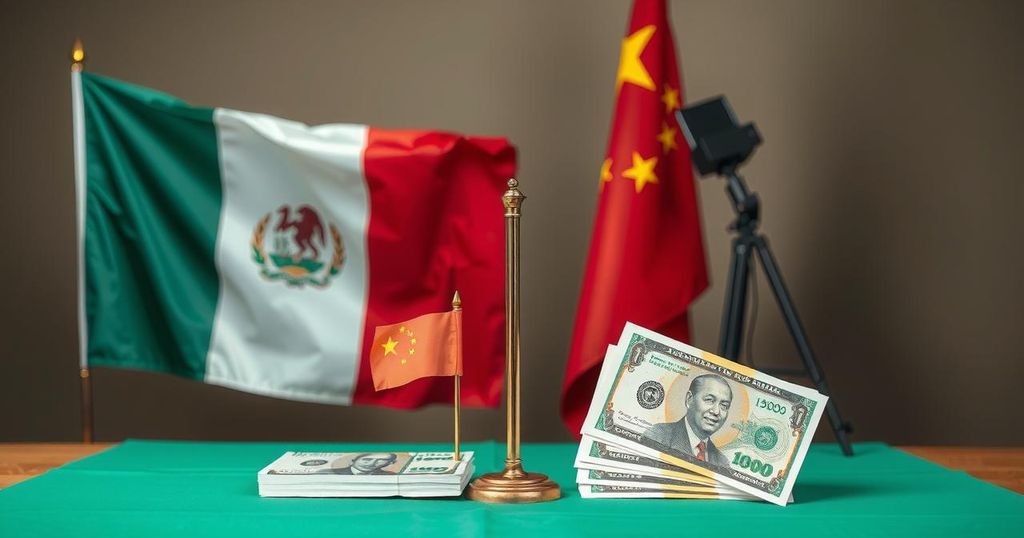China and Nigeria have renewed a $2 billion currency swap arrangement, aiming to enhance financial cooperation and reduce dependency on the U.S. dollar. This move arrives amidst U.S. tariff threats from President-elect Trump, while the naira continues its decline. Experts suggest focusing on local production may better stabilize the currency than relying solely on such agreements.
The renewal of a $2 billion currency swap agreement between China and Nigeria marks a strategic move to bolster financial ties and diversify currency usage. Officially confirmed by the People’s Bank of China, this extension reflects a commitment to enhance bilateral trade, allowing each nation to access the other’s currency, thereby diminishing reliance on the U.S. dollar.
This development occurs amidst U.S. President-elect Donald Trump’s warnings about potential tariffs on BRICS nations that abandon dollar usage. Both South Africa and India have publicly refuted allegations that BRICS intends to shift away from the U.S. dollar. Critics imply that the currency swap might challenge the dollar’s dominance, yet proponents argue it is a necessary step for Nigeria’s economic stability, particularly given the naira’s significant depreciation in recent years.
The agreement is seen as instrumental in providing liquidity for Nigerian and Chinese businesses, facilitating trade free from the pressures of the dollar. As the naira continues to struggle, experts suggest that rather than relying solely on currency swaps, Nigeria should focus on enhancing local production to stabilize its currency effectively. After the recent abandonment of a fixed exchange rate, the naira has plunged to over 1,000 naira per dollar, emphasizing the need for strategic fiscal policies moving forward.
The currency swap agreement between China and Nigeria, first established in 2018, is viewed as a critical financial arrangement facilitating smoother trade relations between the two nations. Such agreements are increasingly vital in a global economy where nations seek to bypass the dollar, particularly amid fluctuating foreign exchange rates and geopolitical tensions. In addition, these arrangements aim to stabilize local currencies and foster sustainable economic growth by promoting bilateral trade and investment.
The renewal of the China-Nigeria currency swap underscores both countries’ intent to deepen financial cooperation against a backdrop of evolving global economic dynamics. While critics may perceive this move as an affront to the U.S. dollar’s prominence, it highlights Nigeria’s urgent need for economic strategies that prioritize self-sufficiency and currency stabilization. As currency pressures mount, the efficacy of such arrangements will continue to be evaluated in the broader context of Nigeria’s economic policy and governance.
Original Source: news.bitcoin.com






